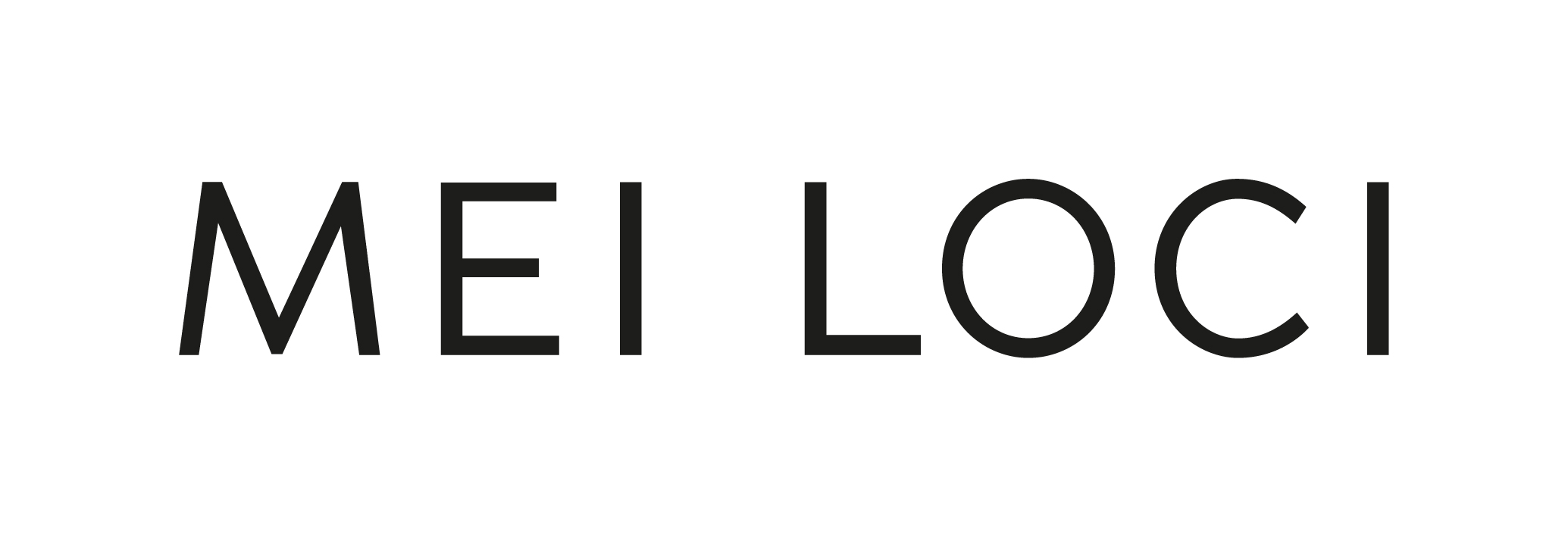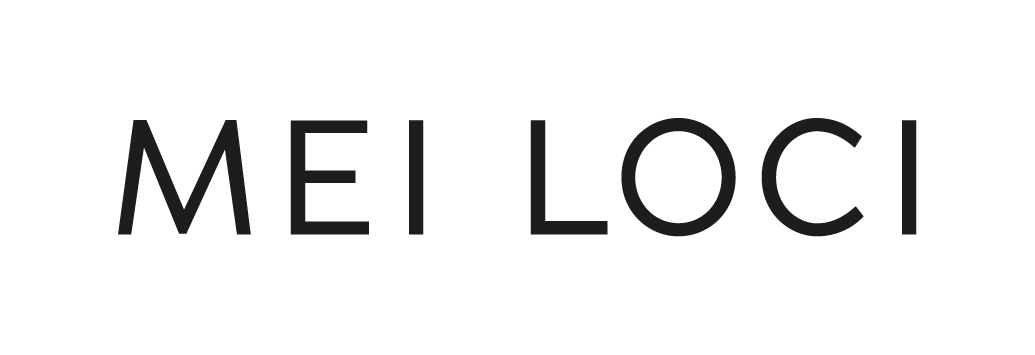

Mei Loci

Cornwall, United Kingdom
May 2024
Other professional, scientific & tech
Service with Minor Environmental Footprint
United Kingdom
Mei Loci are Landscape Architects with a simple aim - to create beautiful spaces for People and for Nature. We are a passionate team of designers working across the UK, Ireland and overseas. Meaning ‘my places’ in Latin, Mei Loci is at the heart of the vision that sits at the core of our business – to create places that people love, and that they can call their own. Through landscape architecture, we reinvigorate a conversation between land and community, regenerating the essence of what was once before, reviving spaces that inspire common experience and a shared identity. Creating spaces and places that have this kind of power is a collaborative process, one that begins and ends with people. That is why we take a community-led, co-design approach to all our projects – designing with people, for people. Our work covers all aspects of Landscape Architecture, Urban Regeneration, Masterplanning, Garden and Landscape Design from concept, to completion. If you think we can help you, please get in touch.
Overall B Impact Score
Governance 19.4
Governance evaluates a company's overall mission, engagement around its social/environmental impact, ethics, and transparency. This section also evaluates the ability of a company to protect their mission and formally consider stakeholders in decision making through their corporate structure (e.g. benefit corporation) or corporate governing documents.
What is this? A company with an Impact Business Model is intentionally designed to create a specific positive outcome for one of its stakeholders - such as workers, community, environment, or customers.
Workers 27.7
Workers evaluates a company’s contributions to its employees’ financial security, health & safety, wellness, career development, and engagement & satisfaction. In addition, this section recognizes business models designed to benefit workers, such as companies that are at least 40% owned by non-executive employees and those that have workforce development programs to support individuals with barriers to employment.
Community 22.1
Community evaluates a company’s engagement with and impact on the communities in which it operates, hires from, and sources from. Topics include diversity, equity & inclusion, economic impact, civic engagement, charitable giving, and supply chain management. In addition, this section recognizes business models that are designed to address specific community-oriented problems, such as poverty alleviation through fair trade sourcing or distribution via microenterprises, producer cooperative models, locally focused economic development, and formal charitable giving commitments.
Environment 13.0
Environment evaluates a company’s overall environmental management practices as well as its impact on the air, climate, water, land, and biodiversity. This includes the direct impact of a company’s operations and, when applicable its supply chain and distribution channels. This section also recognizes companies with environmentally innovative production processes and those that sell products or services that have a positive environmental impact. Some examples might include products and services that create renewable energy, reduce consumption or waste, conserve land or wildlife, provide less toxic alternatives to the market, or educate people about environmental problems.
What is this? A company with an Impact Business Model is intentionally designed to create a specific positive outcome for one of its stakeholders - such as workers, community, environment, or customers.
Customers 3.0
Customers evaluates a company’s stewardship of its customers through the quality of its products and services, ethical marketing, data privacy and security, and feedback channels. In addition, this section recognizes products or services that are designed to address a particular social problem for or through its customers, such as health or educational products, arts & media products, serving underserved customers/clients, and services that improve the social impact of other businesses or organizations.